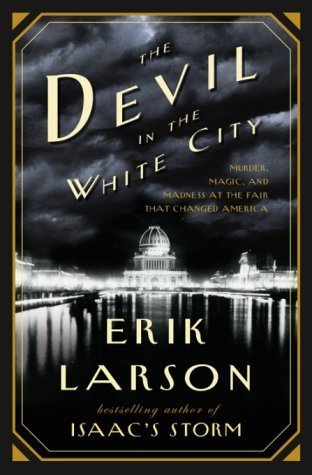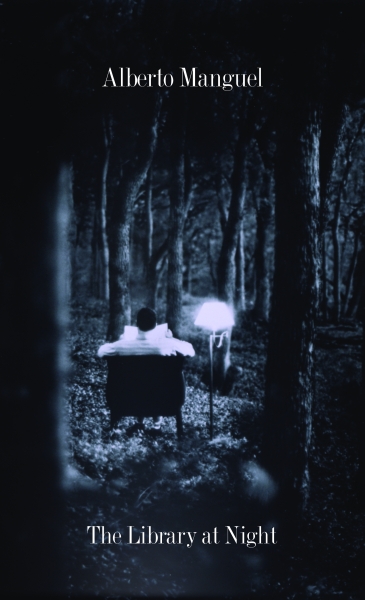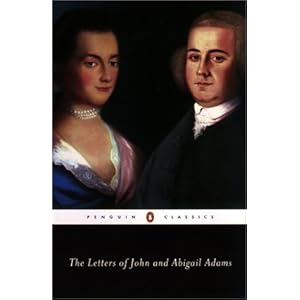
Never Fall Down
by Patricia McCormick
"I see all this, smell the blood, like raw meat. And my eyes see it. But I don't feel anything. If you feel, you go crazy."
Eleven-year-old Arn lives in his village in Cambodia, selling ice cream and listening to Elvis. There is a war going on, but it is distant. That is, until the Khmer Rouge, the communist enemy, come to his village claiming the Americans were coming to bomb it, and they "evacuate" the people to farming camps. The children are separated from the adults, and any intellectual or rich citizens are killed. The population becomes smaller and smaller as the Khmer Rouge find increasingly specific reasons to kill people. Arn does what he can to survive as his friends and family die around him in the Killing Fields. He volunteers to participate in a band that tours other camps, singing of the glory of the communist party and the paradise they have brought. He is soon able to protect a small group of kids because he has become "a little bit famous." But with so much death facing him every day, he must become like the Khmer Rouge to survive. Will he be able to ever find himself again?
This book was absolutely brutal. It was the most gory and
graphic thing I have ever read, or seen, including Game of Thrones or Joe Abercrombie or Battle Royale. I do love me some dark and gory
stuff from time to time, but it was too much for even me. I couldn’t go a page
without someone drowning in shit, or having a person explode and parts of their
body are hanging from the trees, or a kid shoots himself in the face. I felt
like I was being sandblasted with violence, and the nonchalance with which it
is treated in the narrative made it so much worse. It certainly put you in the
mind of the character, where you had to at some point turn off your emotions or
your attachment to anyone because they were going to step on a land mine sooner
or later. Often, the writer would tease you with hope, only to have that hope
snatched away offhandedly a page or so later.
The worst thing is, this happened. To a real person. I did
not realize this until about ¾ of the way through the book. I thought the
author was taking all the worst parts of what happened in Cambodia and giving
it to one boy, but no, this is almost verbatim what happened to Arn Chorn-Pond,
the real man.
That is the difficulty of this book. On the one hand, it is really
brutal and gory and extremely difficult to get through, but on the other hand
this happened to someone. The world needs to know that this level of evil
happens in the world. We need to honor the dead by reading their stories and try to find ways to prevent this from happening again. I
feel like people will have different reactions to this book: some will rise and
fight against the evil, and some will feel overwhelmed and hide.
The most intriguing part of the book for me is the way Arn’s
brain handles the situation he is in. In order to survive and protect the
people he cares about, he plays along with what the Khmer Rouge want. However, after
being given some small perks and power, he slowly begins to turn into them. He
becomes what he hates most in order maintain his sanity and stay alive. Once he is
safe, he struggles with who he is and what he has done. How do you have a
normal life when you have seen what he has seen, and killed people?
It also makes me wary of believing what I hear or read. The Khmer Rouge used heavy manipulations, lies and propaganda to get people to do what they wanted, and there were deep consequences for those who believed them.
Hope only comes in the very end of the book, almost in the post script, where you find out how Arn decided to channel his anger and pain and use his experience for good.
Hope only comes in the very end of the book, almost in the post script, where you find out how Arn decided to channel his anger and pain and use his experience for good.
Here is an interview with Arn Chorn-Pond and Patricia McCormick:
I believe that this book is important for everyone to read, but you must be prepared for its contents.







